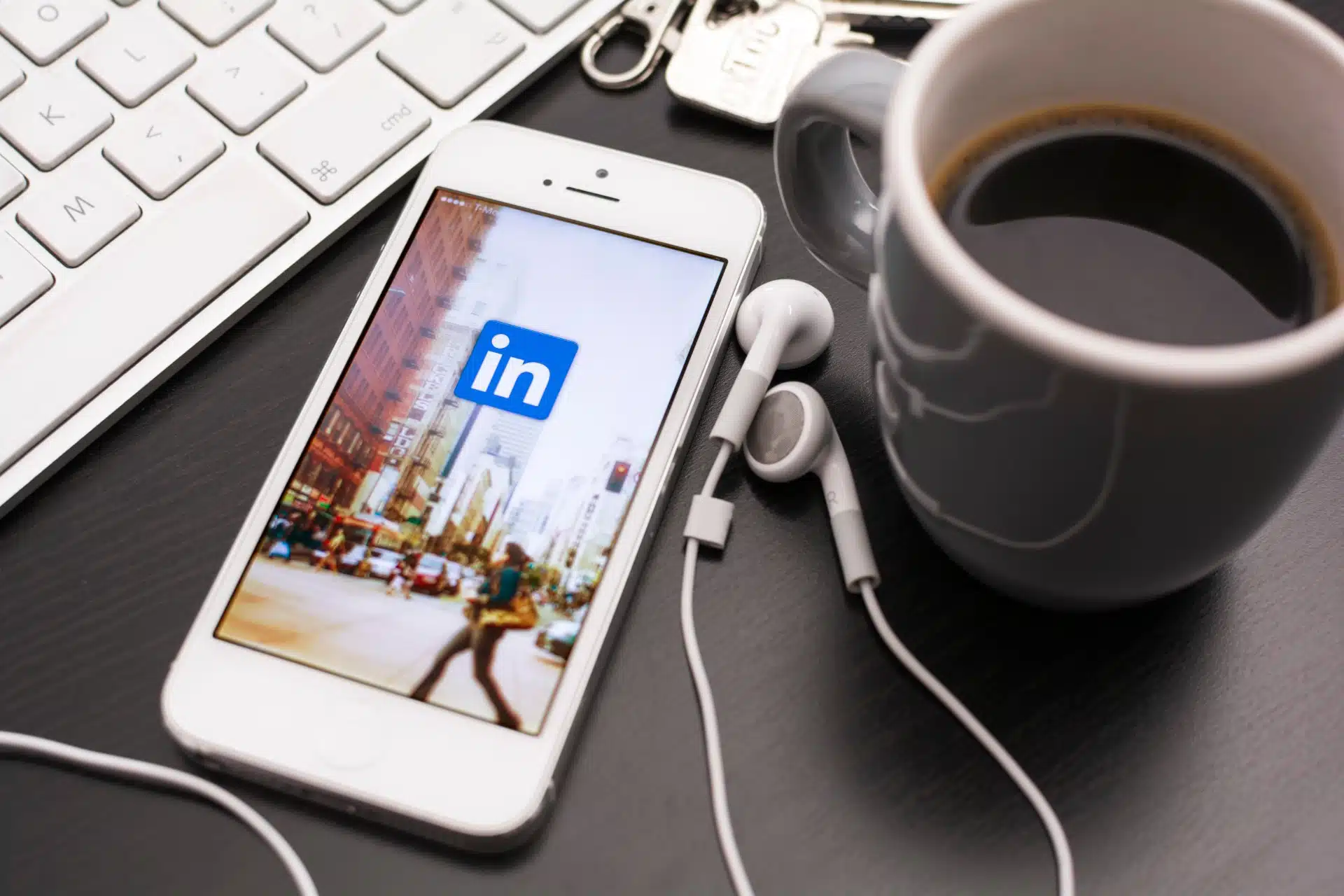
A recent LinkedIn class action lawsuit claims the social networking website illegally stole Apple user data through their device clipboards.
According to plaintiff Adam Bauer, LinkedIn’s data scraping was discovered recently with the beta release of Apple iOS 14. This update contains many new features – including an added privacy setting.
With this new setting, users can receive a notification on their device whenever an app reads data from their Universal Clipboard – an iOS feature which allows users to copy and paste information from one Apple device to another.
“When developers and other beta testers began using the new privacy notifications in iOS 14, they discovered something quite disturbing: LinkedIn’s mobile application for iPhones and iPads was secretly reading users’ clipboards,” the LinkedIn class action lawsuit says. “A lot. Constantly, even.”
Specifically, according to Bauer’s recent complaint, LinkedIn was reading the Universal Clipboard after each user keystroke.
“Until abruptly exposed by Apple and independent developers, LinkedIn had programmed its iPhone and iPad applications to abuse Apple’s Universal Clipboard to brazenly read and divert LinkedIn users’ most sensitive data—including sensitive data from other Apple devices—without their consent or knowledge,” the LinkedIn class action lawsuit contends.
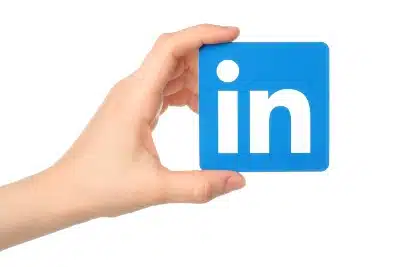 Bauer notes that Apple clipboards can contain highly sensitive data including “photos, text messages, e-mails, cryptographic keys, or even medical records.”
Bauer notes that Apple clipboards can contain highly sensitive data including “photos, text messages, e-mails, cryptographic keys, or even medical records.”
This data may have been copied onto the Universal Clipboard by users in hopes of pasting it later for their own use.
Unfortunately, LinkedIn allegedly violated user privacy “again and again and again” by reading the data on the Universal Clipboard without any paste commands and without notifying users.
Bauer says that he routinely uses the LinkedIn app on his iPhone and iPad devices, in addition to using the app in the vicinity of his other Apple devices such as his computers. He also claims to routinely use his Handoff and Universal Clipboard features on his Apple devices, meaning that he regularly stores pictures, videos, audio recordings, portions of emails and text messages on his temporary clipboard.
According to the LinkedIn class action lawsuit, Bauer and other users did not expect that the information they stored in their Universal Clipboards would be read by the social networking platform without their consent. Had they known the truth behind LinkedIn’s actions, Bauer and other consumers would have allegedly not used the LinkedIn app.
“Users expect the information that they place in their clipboard, including their Universal Clipboard, to remain available only to them, to be used only with their consent,” the LinkedIn class action lawsuit notes.
“LinkedIn ignored that expectation and intentionally and repeatedly invaded user privacy—and it carefully hid what it was doing from users, knowing just how far beyond the boundaries of reasonable conduct it had gone.”
The LinkedIn class action lawsuit includes claims of intrusion upon seclusion, invasion of privacy, breach of contract, violations of the Stored Communications Act, violations of the Electronic Communications Privacy Act and violation of California consumer protection laws.
Bauer seeks to represent a proposed Class of LinkedIn users who installed the app since Sept. 13, 2016. He also seeks to represent a nationwide continuity Class of LinkedIn users who own and use at least two Apple devices and installed the LinkedIn app on their device(s) since Sept. 13, 2016.
On behalf of Bauer and these proposed Classes, the LinkedIn class action lawsuit seeks injunctive relief, actual damages, compensatory damages, statutory damages, punitive damages, consequential damages, interest, court costs, and attorneys’ fees.
In a June 2 Twitter reply, LinkedIn Vice President of Engineering Erran Berger said the issue was traced to a coded “equality check” between the clipboard contents and the content typed into a text box. However, Berger maintained LinkedIn doesn’t “store or transmit the clipboard contents.”
In a later update to the thread on July 4, Berger said that they have released a new version of the LinkedIn app in the iOS Apple Store which removes the code at issue.
In a statement to Bloomberg, LinkedIn spokesman Greg Snapper said that the company is reviewing the class action lawsuit against them.
Did you use LinkedIn on an Apple iPhone? Are you worried that your data was stolen without your consent? Let us know in the comment section below.
Bauer is represented by Brian J. Dunne, Yavar Bathaee, Edward M. Grauman and Andrew C. Wolinsky of Bathaee Dunne LLP.
The LinkedIn Apple Clipboard Class Action Lawsuit is Adam Bauer v. LinkedIn Corp., Case No. 5:20-cv-04599, in the U.S. District Court for the Northern District of California.
Check out other Class Action Settlements and Class Action Lawsuits you may qualify to join!
ATTORNEY ADVERTISING
Top Class Actions is a Proud Member of the American Bar Association
LEGAL INFORMATION IS NOT LEGAL ADVICE
Top Class Actions Legal Statement
©2008 – 2026 Top Class Actions® LLC
Various Trademarks held by their respective owners
This website is not intended for viewing or usage by European Union citizens.



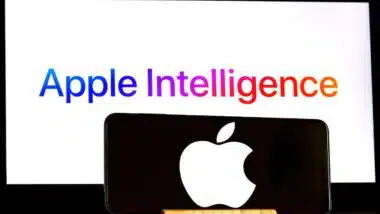
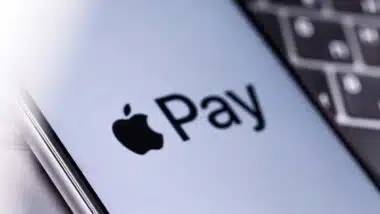
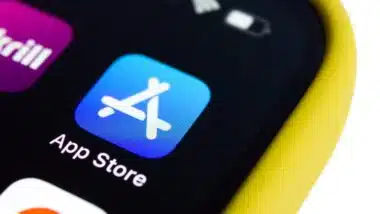
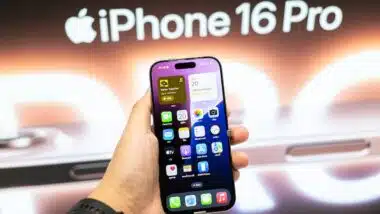
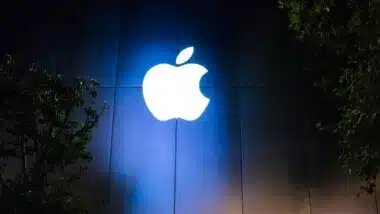
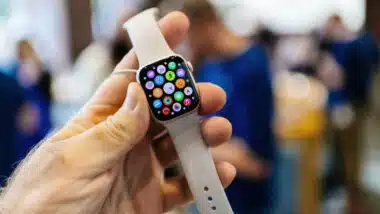
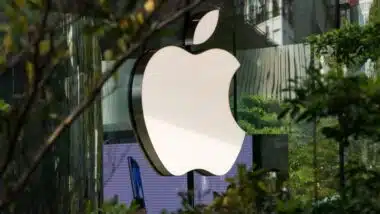
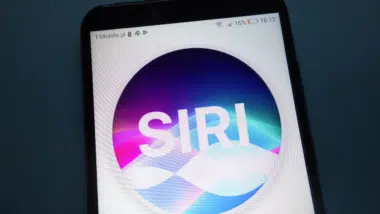
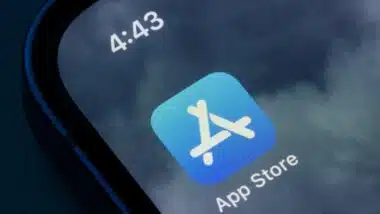
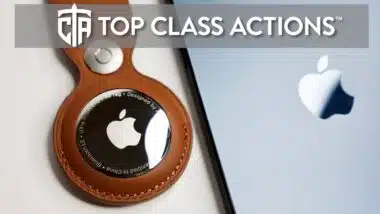
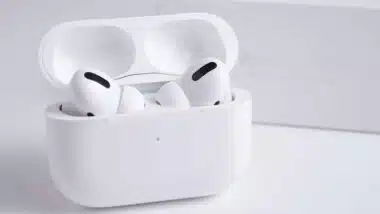
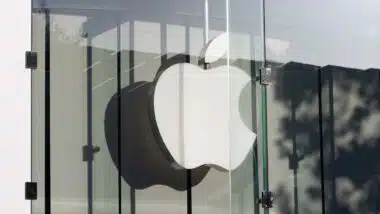
126 thoughts onLinkedIn Class Action Lawsuit Alleges Data Stolen From Apple Clipboards
I want to join this lawsuit no one ever contacts me when I post on here
Please contact me to add me to this lawsuit
Yes I’m concerned! Why would they even have access to my clipboard?! Ugh
Add me. I access LinkedIn daily from my Apple iPhone!
Yes please add me. I use this on my phone.